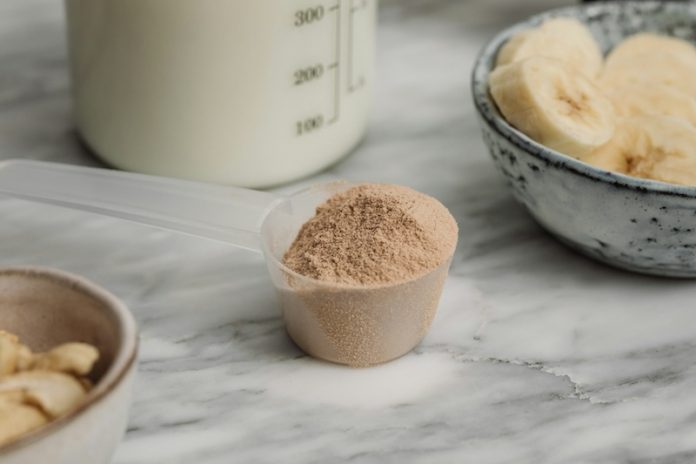
Protein powders, often marketed as healthy supplements, might not be as beneficial as they seem. A new report from the Clean Label Project reveals that many popular protein powders contain high levels of heavy metals like lead and cadmium, raising concerns about their safety.
Key Findings from the Report
Researchers analyzed 160 protein powder products across 70 brands, conducting nearly 36,000 tests for contaminants, including heavy metals and hormone disruptors. Their findings included:
- High Levels of Lead and Cadmium:
- Nearly half (47%) of the tested products exceeded California’s Proposition 65 regulatory limits for lead.
- About 21% contained more than twice the legal limit for lead.
- Plant-Based Powders at Greater Risk:
Powders made from plant sources like soy, rice, and peas contained three times more lead than whey-based products. - Organic Powders and Chocolate Flavors:
- Organic powders had three times more lead and twice as much cadmium compared to non-organic varieties.
- Chocolate-flavored powders contained four times more lead and up to 110 times more cadmium than vanilla-flavored powders.
Why Are These Contaminants Present?
Heavy metals like lead and cadmium are naturally absorbed by plants from soil and water. However, contamination can worsen if crops are grown in soil polluted by industrial waste, mining, or pesticide use. Dark chocolate, often added to protein powders for flavor, is particularly susceptible to high levels of heavy metals.
Industry Response and Criticism
The Council for Responsible Nutrition (CRN), which represents supplement manufacturers, questioned the study’s transparency and methodology.
CRN noted that modern testing methods can detect even trace amounts of naturally occurring heavy metals, which are often below federal safety thresholds set by agencies like the Food and Drug Administration (FDA) and Environmental Protection Agency (EPA).
However, the EPA has stated there is no safe level of lead for humans, and cadmium is classified as a carcinogen that can damage organs.
Making Safer Choices
Jackie Bowen, executive director of the Clean Label Project, emphasized that it’s not necessary to avoid protein powders altogether but advised consumers to make informed decisions:
Opt for Lower-Risk Products:
Plant-based powders made from peas tend to have lower levels of heavy metals compared to other plant sources.
Whey- or egg-based protein powders, particularly vanilla-flavored ones, showed the least contamination.
Ask Brands About Testing Practices:
Consumers are encouraged to contact manufacturers directly and inquire about their contaminant testing methods and results.
Avoid Chocolate-Flavored Powders:
Chocolate powders had significantly higher levels of heavy metals due to the inherent properties of cocoa.
Improvements Since 2018
On a positive note, the study found a significant reduction in hormone disruptors like bisphenol A (BPA) and bisphenol S (BPS) compared to a 2018 Clean Label Project report. BPA was detected in only three of the 160 products tested, down from 55% in 2018.
Conclusion
While protein powders remain a convenient way to supplement protein intake, this report highlights the need for greater transparency and better manufacturing practices to minimize contamination.
By choosing products carefully and asking brands for accountability, consumers can reduce their exposure to harmful heavy metals and make safer choices for their health.
If you care about nutrition, please read studies about berry that can prevent cancer, diabetes, and obesity, and the harm of vitamin D deficiency you need to know.
For more information about nutrition, please see recent studies about the connection between potatoes and high blood pressure, and results showing why turmeric is a health game-changer.
Copyright © 2025 Knowridge Science Report. All rights reserved.



